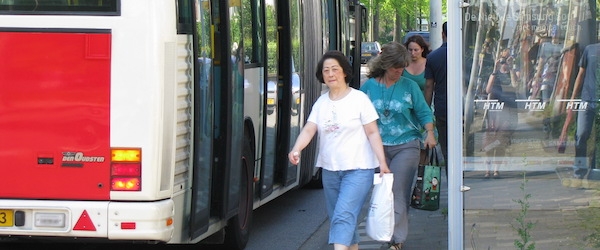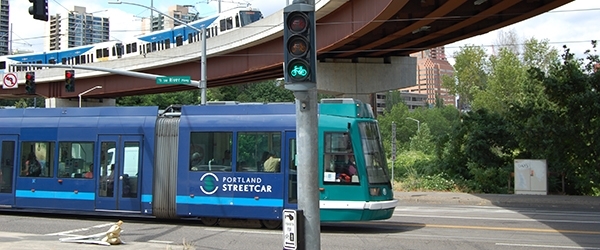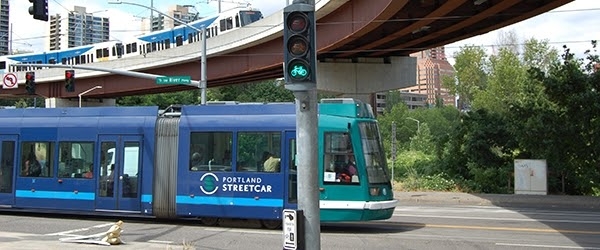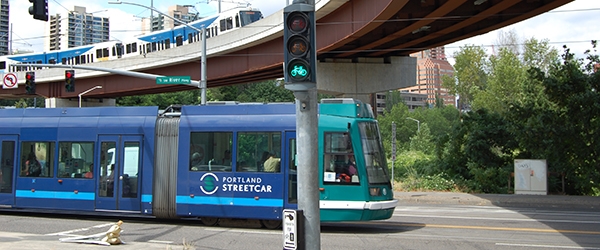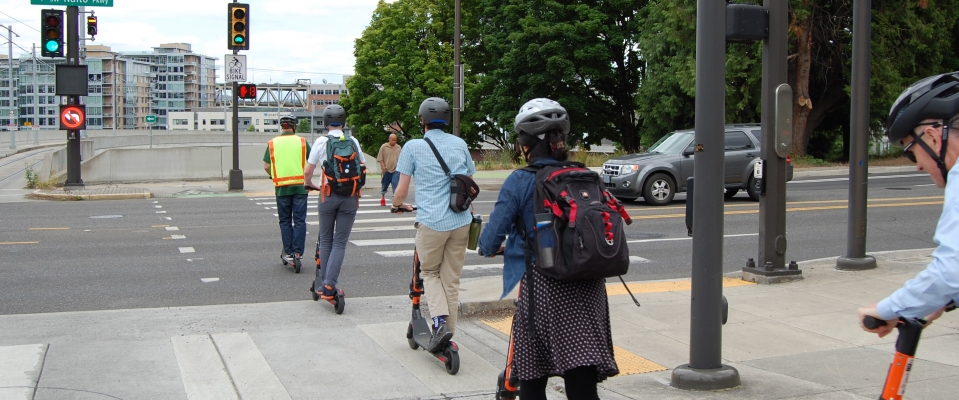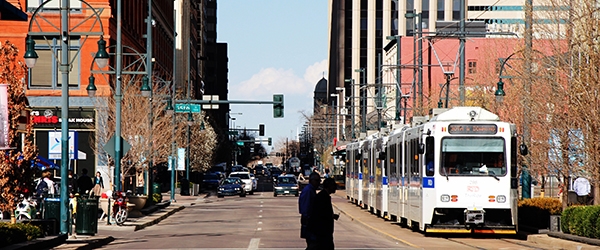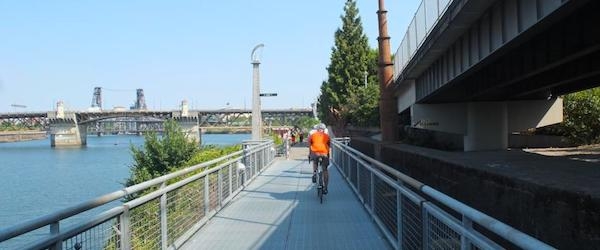The National Institute for Transportation & Communities (NITC) research consortium, led by Portland State University, has awarded $530,419 in total funding for seven new research projects spanning five universities. With the extension of the FAST Act, NITC received one additional year of funding, and given this limited time frame, we emphasized projects that were relatively short in length, relied on existing expertise, and would yield specific outputs and outcomes. Several of the projects have an equity focus, and much of the research aims to make it easier to get around multimodally and/or by walking. The seven new projects are:
- Rumore and Stoker focus on the unique transportation challenges of 'gateway' communities, or small towns adjacent to natural areas that attract large populations. Their previous...

